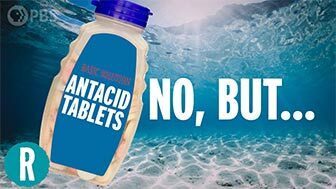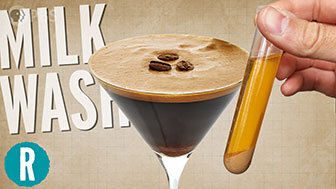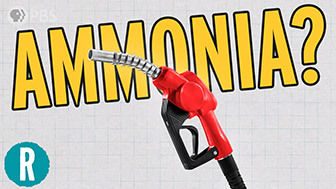Current Episode
Acidification is threatening the ocean’s ability to pull carbon dioxide out of our atmosphere, so scientists and startups are looking to ocean-sized antacids to raise its pH. While they might not be the ultimate solution to our climate crisis problem, the antacids could have a hand in helping our oceans rebound.
Recent Episodes
Reactions Infographics
Read up on coffee, or mix up some tequila facts for your next party. Get full-size posters at the ACS Store!
Latest Infographic
How the Statue of Liberty Became Green
A Patina 20 years in the making.
You Might Also Like
Learn from the best and brightest minds in chemistry LIVE every Thursday at 2pm ET!
Check out these other ACS science videos and podcasts highlighting cutting-edge research from ACS journals and fascinating, weird and timely topics.









